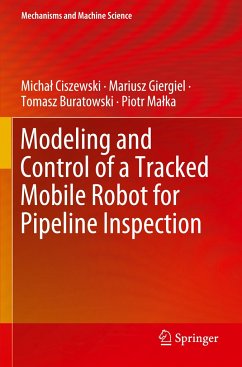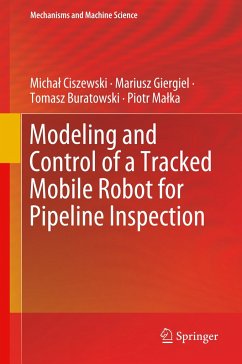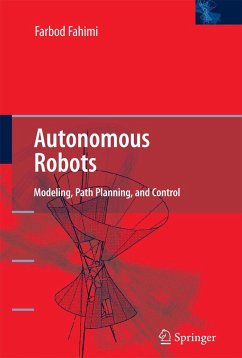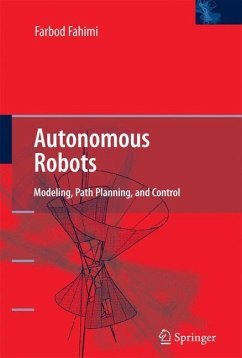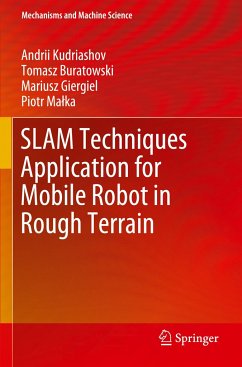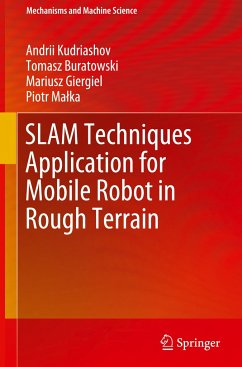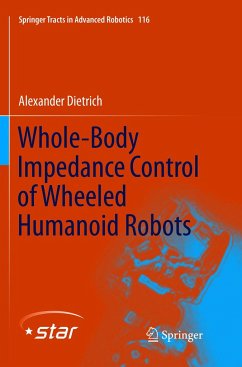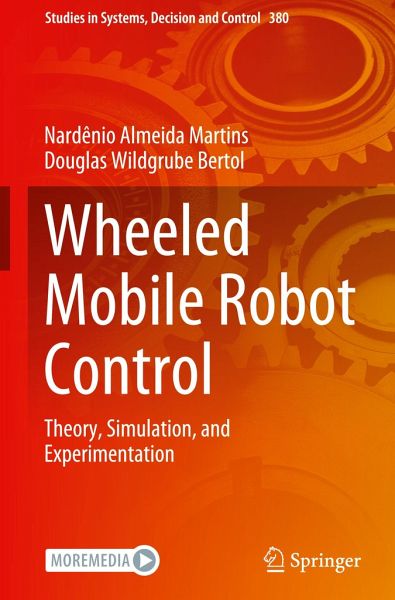
Wheeled Mobile Robot Control
Theory, Simulation, and Experimentation

PAYBACK Punkte
57 °P sammeln!
This book focuses on the development and methodologies of trajectory control of differential-drive wheeled nonholonomic mobile robots. The methodologies are based on kinematic models (posture and configuration) and dynamic models, both subject to uncertainties and/or disturbances. The control designs are developed in rectangular coordinates obtained from the first-order sliding mode control in combination with the use of soft computing techniques, such as fuzzy logic and artificial neural networks. Control laws, as well as online learning and adaptation laws, are obtained using the stability a...
This book focuses on the development and methodologies of trajectory control of differential-drive wheeled nonholonomic mobile robots. The methodologies are based on kinematic models (posture and configuration) and dynamic models, both subject to uncertainties and/or disturbances. The control designs are developed in rectangular coordinates obtained from the first-order sliding mode control in combination with the use of soft computing techniques, such as fuzzy logic and artificial neural networks. Control laws, as well as online learning and adaptation laws, are obtained using the stability analysis for both the developed kinematic and dynamic controllers, based on Lyapunov's stability theory. An extension to the formation control with multiple differential-drive wheeled nonholonomic mobile robots in trajectory tracking tasks is also provided. Results of simulations and experiments are presented to verify the effectiveness of the proposed control strategies for trajectory tracking situations, considering the parameters of an industrial and a research differential-drive wheeled nonholonomic mobile robot, the PowerBot. Supplementary materials such as source codes and scripts for simulation and visualization of results are made available with the book.








